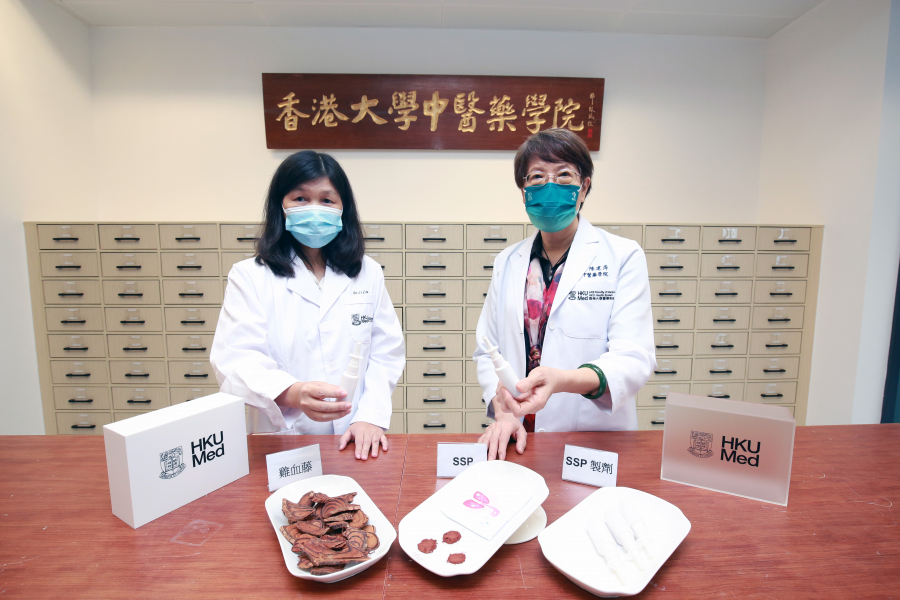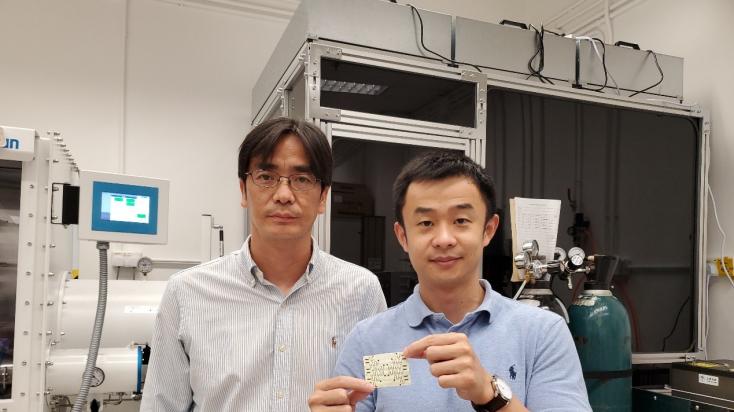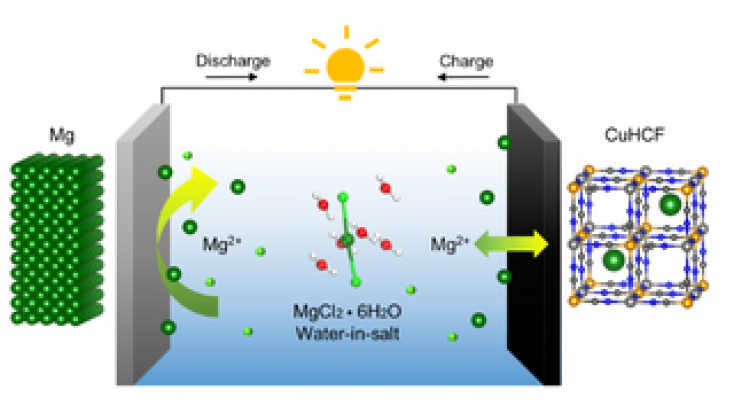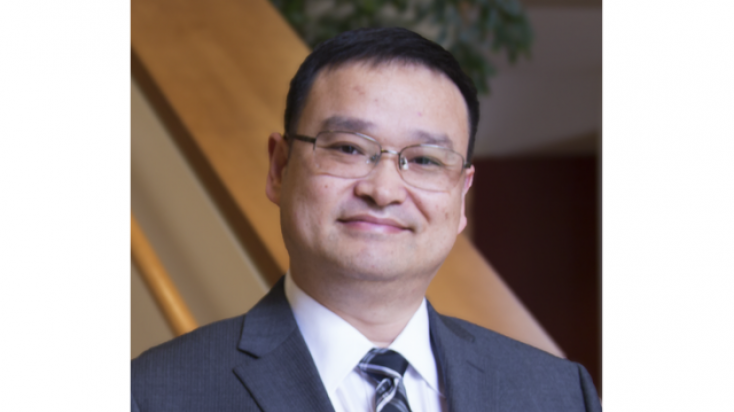
A research team comprised of members of the School of Chinese Medicine, AIDS Institute, Department of Microbiology, School of Clinical Medicine and State Key Laboratory for Emerging Infectious Diseases, the LKS Faculty of Medicine, The University of Hong Kong (HKUMed) have discovered a natural product SSP derived from a Chinese herb Spatholobus Suberectus Dunn that demonstrated broad antiviral activities against SARS-CoV-1, SARS-CoV-2, influenza, and HIV-1 as an entry blocker. Critically, it shows comparable activities against all major pandemic strains of SARS-CoV-2 variants of concern tested. Since SSP has been prepared in a cost-effective manner under safe manufacturer practices and do not cause toxicity in animals, it has great potential to be developed into a preventive drug for eliminating the spread of SARS-CoV-2. The findings are now published online in the journal Phytotherapy Research [link to the publication].
Background
The world suffers from continuous waves of SARS-CoV-2 caused by newly emerged viral variants that can evade vaccine-induced immune protection. The development of novel vaccines against escape viral variants is far behind the speed of their evolution. Therefore, identifying alternative interventions to eliminate the continuous spread of SARS-CoV-2 variants is necessary. To this end, the search for viral entry inhibitors with a broad spectrum of activities and cost-effectiveness becomes essential for the prevention of SARS-CoV-2 variants.
Research methods and findings
The HKUMed research team screened extracts derived from a Chinese herb named Spatholobus Suberectus Dunn (SSD) against diverse types of viruses including SARS-CoV-1, SARS-CoV-2, influenza H5N1 and HIV-1. They found that the SSD-derived extract (SSP) exhibits broad activities against all the aforesaid viruses. Subsequent studies confirmed that SSP has comparable potency against SARS-CoV-2 variants of concern including Alpha (B.1.1.7), Beta (B.1.351), Gamma (P1), Delta (B.1.617.2), and Omicron (BA.1, BA.2 and BA.4/5). SSP blocked both SARS-CoV-2 spike glycoprotein and the host ACE2 receptor. Critically, intranasal administration of SSP significantly reduced live Omicron BA.2 challenge in human ACE2-transgenic mice. Since SSP has been GMP-produced at low costs, it has great potential to be developed as an intranasal drug for the prevention and treatment of SARS-CoV-2 infection.
The research has resulted in a few international and domestic patents, such as the extracting technique has been granted the European Patent.
Significance of the study
'We have been studying this Chinese medicine for over 20 years. SSP acts as a potential antiviral agent, making it useful in combating the COVID-19 pandemic. Since there are few effective preventive drugs in the world, SSP is a new antiviral agent that can be developed to prevent COVID-19,’ explained Dr Chen Jianping, Principal Lecturer of School of Chinese Medicine, HKUMed. After a rodent model investigation comparing low and high dose administrations of SSP, no toxicity was caused , thus considered safe.
‘These findings suggest that SSP may have broad antiviral activities against different types of respiratory viral infections,’remarked Dr Liu Li, Research Assistant Professor of the AIDS Institute and Department of Microbiology, School of Clinical Medicine, HKUMed, who made the breakthrough discovery. ‘Since different GMP-batches show consistent antiviral activities, we are confident of the clinical development of SSP.’
About the research team
The University of Hong Kong facilitates cross-integrated research through multi-disciplinary (interdisciplinary) collaboration. Dr Chen Jianping from the School of Chinese Medicine, and the core members of the team Jia Lei and Liu Qingqing executed the most suitable extraction process and preparation conditions through repeated exploration and completed the extraction, separation, preparation, and study on quality standards to ensure that the drug works effectively. An exploratory pilot study has also been developed based on GMP for quality pharmaceuticals through regulatory guidelines. The antiviral study is led by Dr Liu Li and team member Kwan Ka-yi of the AIDS Institute and Department of Microbiology, School of Clinical Medicine, HKUMed. This project demonstrates multidisciplinary collaboration to exchange traditional Chinese and Western medicine and explore solutions to major human diseases. Thus, this study pioneered a novel paradigm of medicine to deal with major human illnesses, particularly COVID-19.
Acknowledgements
This work was partially supported by National Natural Science Foundation of China(No. 81573663)and Guangxi Science and Technology Bureau (AB16450012) . The authors are grateful for the assistance of the Faculty Core Facility, LKS Faculty of Medicine, The University of Hong Kong.
Download Presentation Slides
Source : https://www.hku.hk/press/press-releases/detail/25076.html





